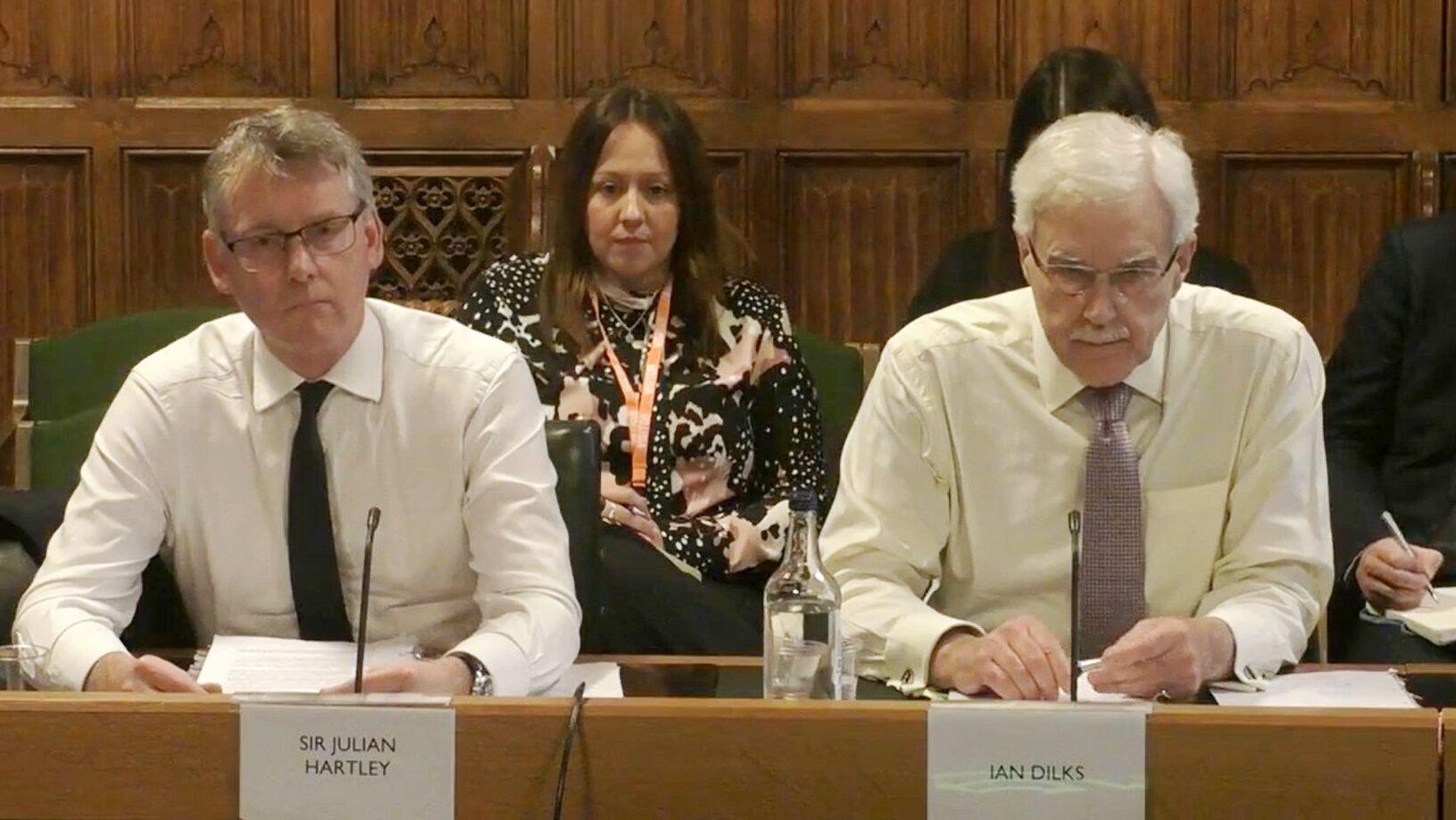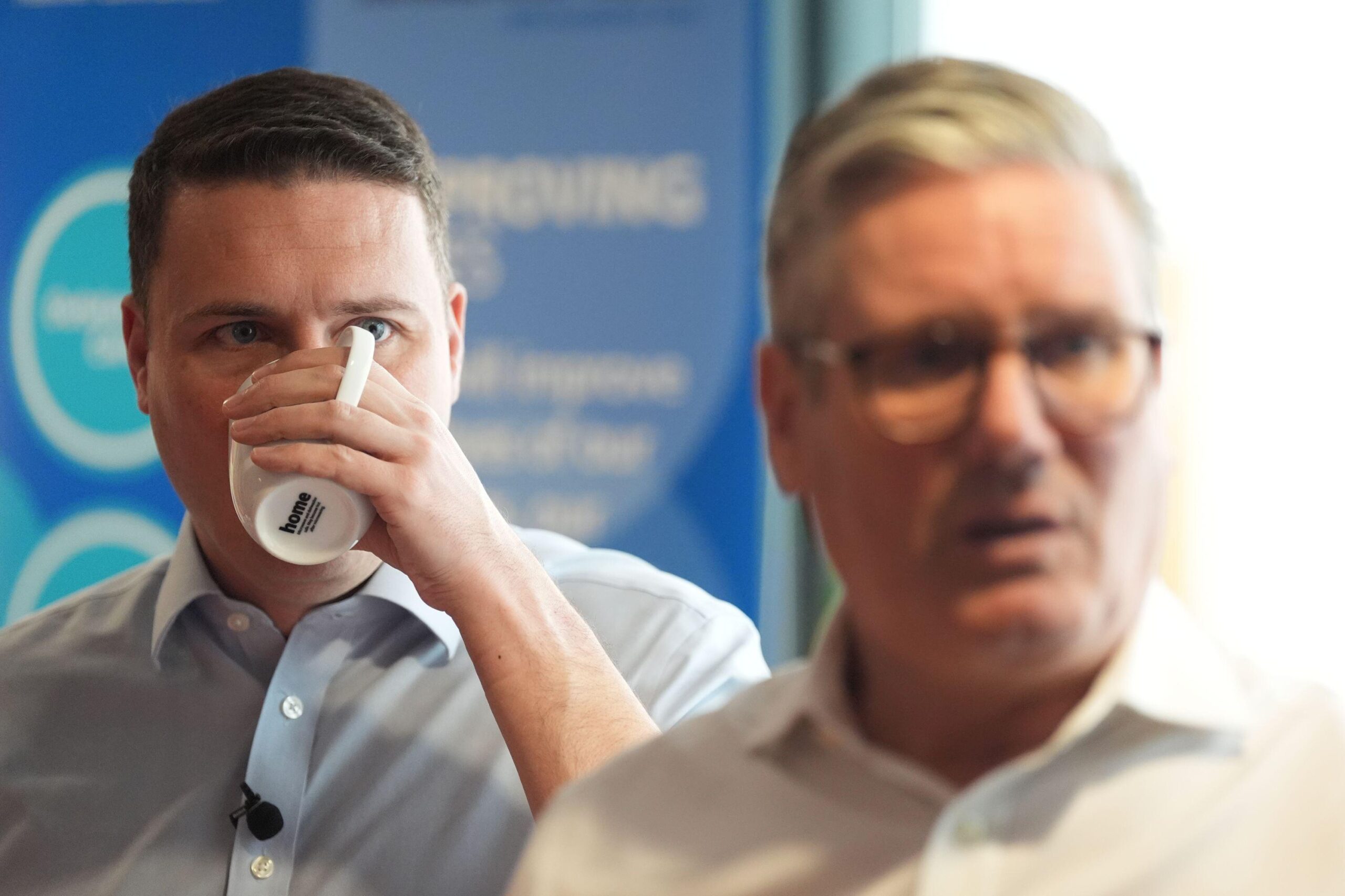Strength in numbers – how more managers could improve NHS services
Does the NHS have too few managers? Recent studies show that employing more managers leads to better patient care and more efficient services.

You walk into your local supermarket. There are long queues at the checkout, the goods you want to buy are not in stock and the staff – when you can find them – can’t offer much help. You leave, cursing under your breath that the place obviously employs too many managers.
That would be a ridiculous assertion – and most people would recognise it as such. Yet the NHS is continually attacked for employing ‘too many managers’ – even though the NHS has a smaller proportion of managers than almost any other sector. On top of this, NHS managers are also frequently characterised as overpaid fat cats who could not manage their way out of a paper bag.
A groundbreaking study
That deeply-embedded stereotype has been hard to shift, but evidence is beginning to mount that managers make a big difference in the NHS – the latest example being a groundbreaking academic study showing a clear link between more managers and improved organisational performance.
The study – which has yet to be published in full – was carried out by researchers from the universities of Warwick, Bristol and Leeds, and used data from all acute trusts in England from 2007 to 2012. Some of the work (see box ‘How managers add value’) was presented at the International Research Society for Public Management earlier this year and in a paper published in Organisation Studies.
Author Ian Kirkpatrick, professor of healthcare improvement and implementation science at the Warwick Business School, admits the group did not expect to find such a strong impact. “Theoretically, I would’ve expected there to be no negative impact of managers but some positive,” he says. “The findings call into question many of the assumptions about the failure of general managers in the NHS.”
“This type of research does not explain the mechanisms,” he adds. “All it’s telling us is that there is an association.”
However, Kirkpatrick points out that the outputs the team studied are likely to be influenced by processes and systems – and managers influence these through their role in co-ordinating the work of others within organisations. “These are people who spend their lives managing systems and processes,” he says. “My feeling is that this data now opens up the floodgates for more research asking how we explain this contribution and can further enhance it.”

Although the research focuses on acute and specialist trusts, Professor Kirkpatrick suggests it might hold true for other areas of the NHS as well. However, he warns that the extensive organisational disruption of recent years might make it hard to replicate the research in the primary care sector.
By using data from 2007 to 2012, the researchers may have captured a relatively stable period of “business as usual”, at the tail end of a period when NHS budgets were growing. “The conditions have changed. The pressure the NHS faces now probably distorts the picture. Looking at this earlier time might give you a better picture of what difference managers make,” Kirkpatrick explains.
Increasing pressure on managers
MiP chief executive Jon Restell agrees that the pressure on managers has increased: “It could be that these managers in this period of time [during the study] were successful because their focus was on the patients and staff. If we distract them, we imperil that good work.”
As the NHS tries to drive down costs – including management costs – the research backs up the findings of previous studies, which have not been widely acknowledged. For example, the King’s Fund 2011 report The Future of Leadership and Management in the NHS reviewed the evidence and concluded that “it is at least possible that higher management costs deliver better performance”. And research by Professor G Ross Baker from the University of Toronto, in the same year, found that higher performing healthcare organisations worldwide tended to have longer serving leaders.
More recently, the Health Service Journal reported a strong connection between the tenure of trust leaders and Care Quality Commission ratings: ‘outstanding’ trusts tended to have chief executives who had been in position for many years – in several cases, over a decade. Perhaps not surprisingly, trusts rated as inadequate had often had several chief executives in a short time.
Lessons for policymakers
So, what are the messages for the NHS and for politicians? “This has implications for policy, resources and workforce,” says Restell. “This is a very direct link between management activity and quality and safety.”
To capitalise on the benefits, the NHS must recognise the value of management and change the rhetoric about managers, he adds. “It could be because there’s a culture of management bashing and a tendency to see back-office functions as a cost rather than an investment. That particular culture around managers creates a lack of interest in the value of managers’ work.”
The research should prompt politicians and system leaders to think again about the value that managers can add across the range of their activities and in meeting key NHS priorities such as reducing spending on agency staff or reducing bullying, Restell says.
Attitudes towards management numbers might also need to change, he suggests: “What does this mean for numbers, job design and support for managers? If line or team management is this important, then the design of these jobs and the training and development needs to be rethought.”
By way of example, he points to managers who are expected to be ‘on call’ for emergency duty, but who receive little training or support in performing a crucial role where they often have to think on their feet and intervene to ensure patient safety. Given the evidence that effective managers can make a real difference to frontline care, isn’t it worth investing in the training and support they need to do the job properly?
Managers are a good investment
But the ingrained view of managers often put forward by the media and politicians is likely to be a barrier to recognising their value. Professor Kirkpatrick says he is always astonished by how entrenched unsympathetic views of managers are in the media. His message for those in power is: “Try to move away from the simplistic view that managers are the scapegoat and re-educate the public and the media. Take seriously the possibility that managers, given the right support and resources, can improve services.
“If parties started with the premise that management is on the whole a good investment rather than constantly seeking to backtrack on that commitment, it might facilitate things,” he adds.
For example, given the evidence that longer tenures in post enhance the value managers add, Kirkpatrick suggests that government could take action to improve retention and reduce high turnover, which could also start to tackle the embedded notion that managers are a “bad thing”.
Nigel Edwards, chief executive of the Nuffield Trust, agrees healthcare management is often seen negatively. “Why would good managers not make a difference?” he says. Although Kirkpatrick’s study only looked at hospitals, Edwards says there is “other good evidence about the quality of middle management and frontline supervision improving the working experience of staff”.
Edwards says the relatively narrow definition of managers used by the Kirkpatric study may even underestimate the impact of managers by excluding some middle-ranking roles. “The ward manager may be one of the people making the biggest difference in terms of efficiency,” he suggests.
“One of the things they have not looked at here and may be an issue is flat or hierarchical structures and if they make a difference,” Edwards adds. “What can be striking about some NHS organisations is how many levels there are between the board and the frontline.” He suggests more hierarchical structures might get worse outcomes: “Managers might need to be fairly close to the front line to make a difference.”
Impossible jobs
Mike Chitty, head of applied leadership at the NHS Leadership Academy, says findings that longer tenure for managers improve performance probably reflects good working relationships and trust built up with other partners in the local health system.
But he warns that new chief executives are sometimes given ‘almost impossible jobs’, such as taking on trusts with multiple problems. ‘Our newest chief executives are picking up some of the most difficult turnaround jobs,’ he says. ‘When they fail in that job it doesn’t mean that they are a failure. We’re talking with newly appointed chief executives about how we support them for a decade or more.”
No senior manager can suddenly have 20 years more experience in the role, says Chitty, but the academy is working on how some of the benefits of long tenure, such as building good relationships, can be accelerated.
But he does question whether long tenure is always a benefit. “The kind of management and leadership that has got us to where we are now may not be the kind of leadership we need for the next 10 to 15 years,” he says.
Supporting good managers
Managers in these intensely demanding roles also need better support. Michael Watts, development adviser at NHS Improvement, is involved in a number of leadership programmes, including one on collective leadership, developed with the King’s Fund and three pilot trusts (resources and key lessons from the programme are available to download from bit.ly/hcm3501). “There are a number of offers out there across the system to support managers at whatever level – however long they have been in post,” he says. “We’re going to continually look at what we are offering and try to improve it.”
“A lot of trusts who come to us saying they have no option but to get external people to support them. We want managers in the system to feel empowered and supported to make decisions,” adds Watts.
Restell asks whether one day the concept of a “safe staffing level” for managers might be as widely accepted as it is for nursing staff. If that ever happens, we will know that the value of managers has finally been recognised.
How managers add value
Key findings from the study by Warwick, Leeds and Bristol universities
- an increase in the proportion of managers from 2% to 3% leads to a 3% per cent improvement in trust efficiency and a 2% improvement in patient experience scores
- higher levels of managers in a trust (the manager to staff ratio) was correlated with improved infection rates and hospital experience score
- when average levels of pay and stability among managers are higher, managers have an even stronger positive effect on patient experience and efficiency (as measured by the trust’s performance on the reference costs index)
- there is a ‘tipping point’ past which the impact of additional managers on infection rates and patient experience begins to reduce. But this is not the case with efficiency, where performance continues to rise
Related News
-

The inspector falls: why the CQC needs a fresh start
After years of chaos, the Care Quality Commission urgently needs to rebuild trust and credibility with the public and the services it regulates. What needs to change and what are the priorities for new boss Sir Julian Hartley? Alison Moore reports.
-

Voice, value and vision: what analysts need from the NHS
Data analysts play a vital role in an NHS which is increasingly data-driven and focused on public health trends. But the NHS faces fierce competition for skilled analysts and many feel the health service fails to value them or fully use their talents. Alison Moore reports.
-

It ain’t what you do, it’s the way that you do it
The government’s upcoming ten year plan will try yet again to shift the NHS towards community, digital and prevention. The big question is how, writes Craig Ryan. Try honesty, patience, focusing on what matters and empowering staff and local managers—that’s what gets results.